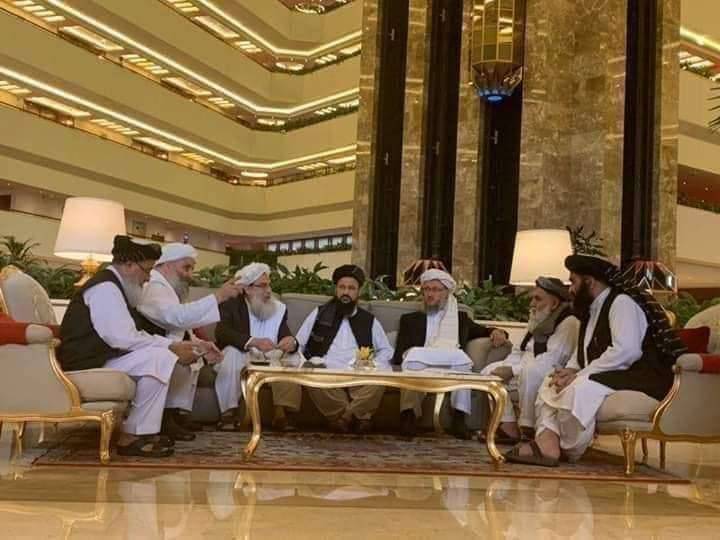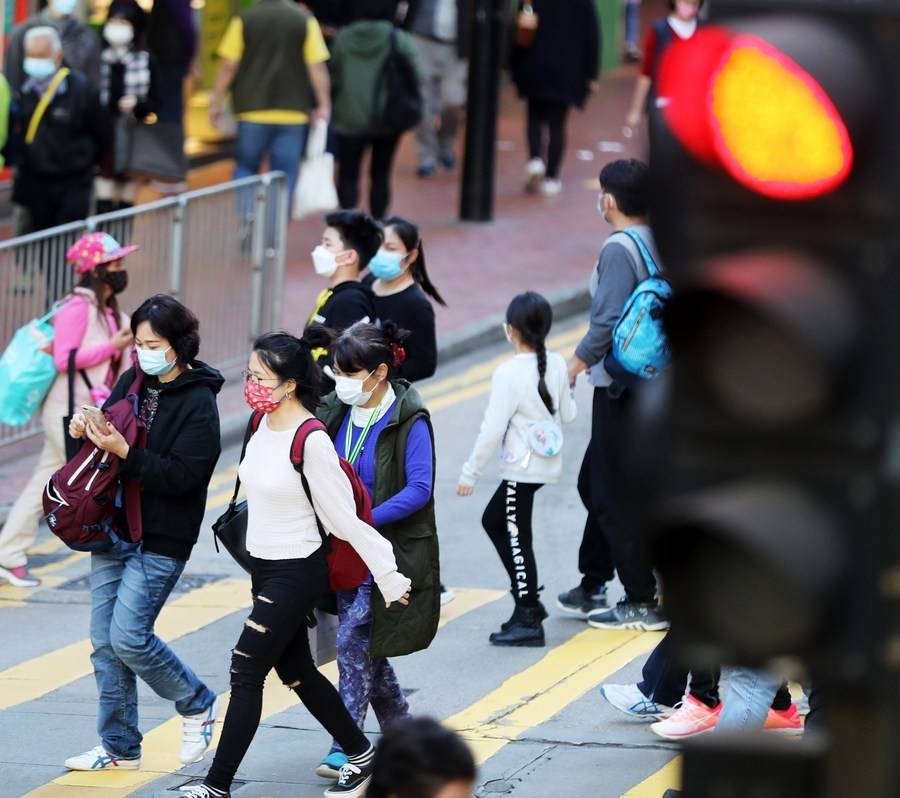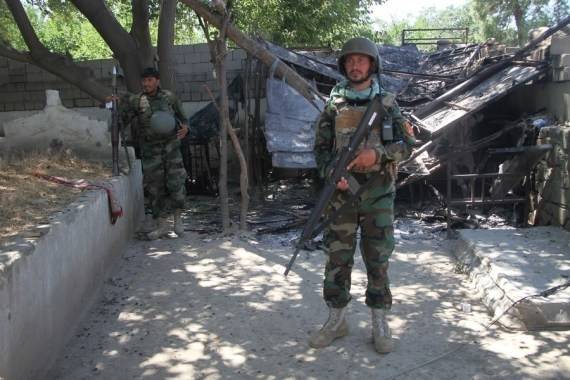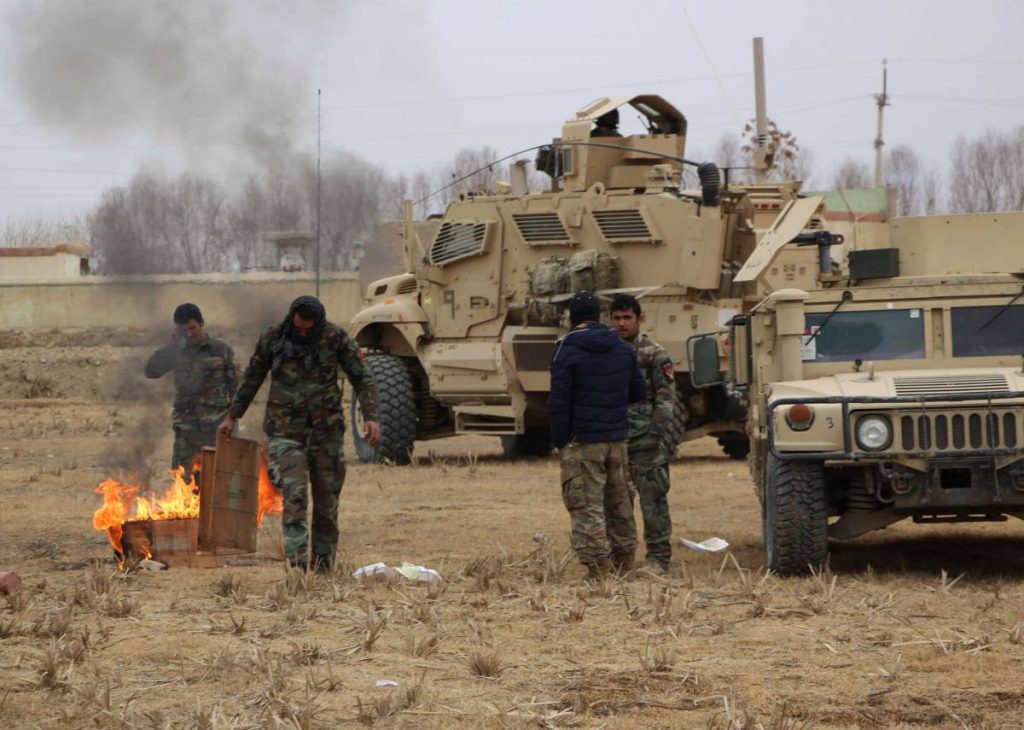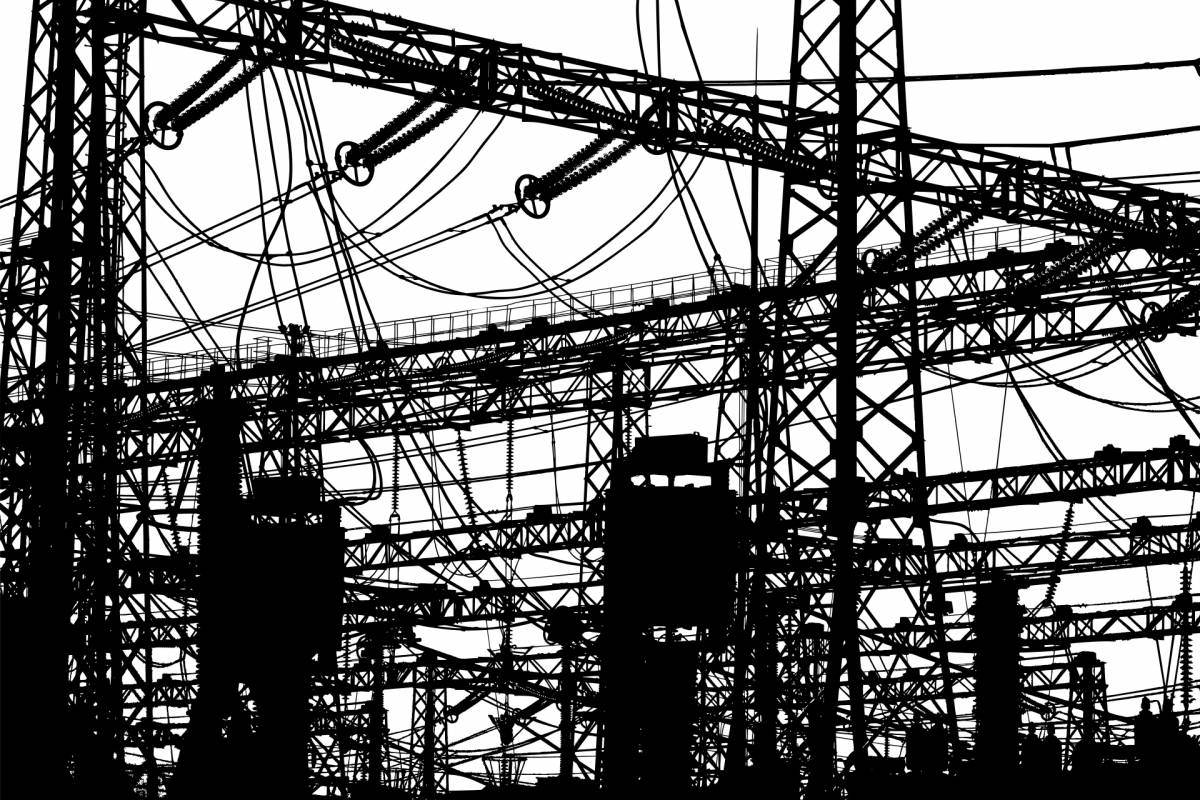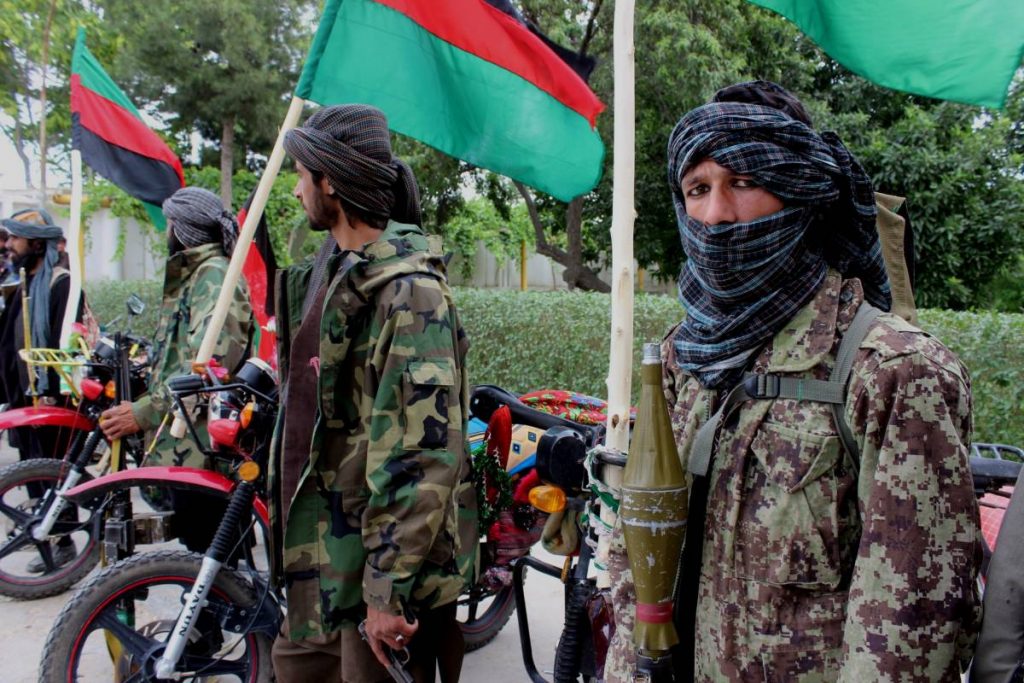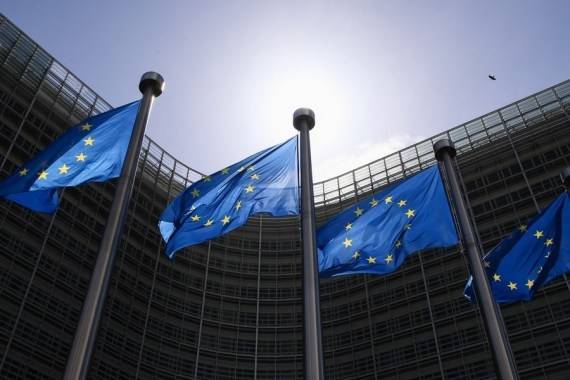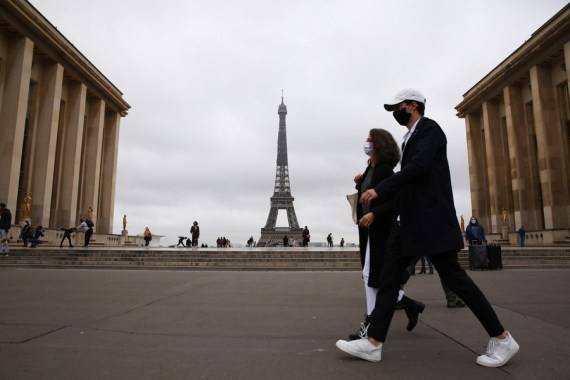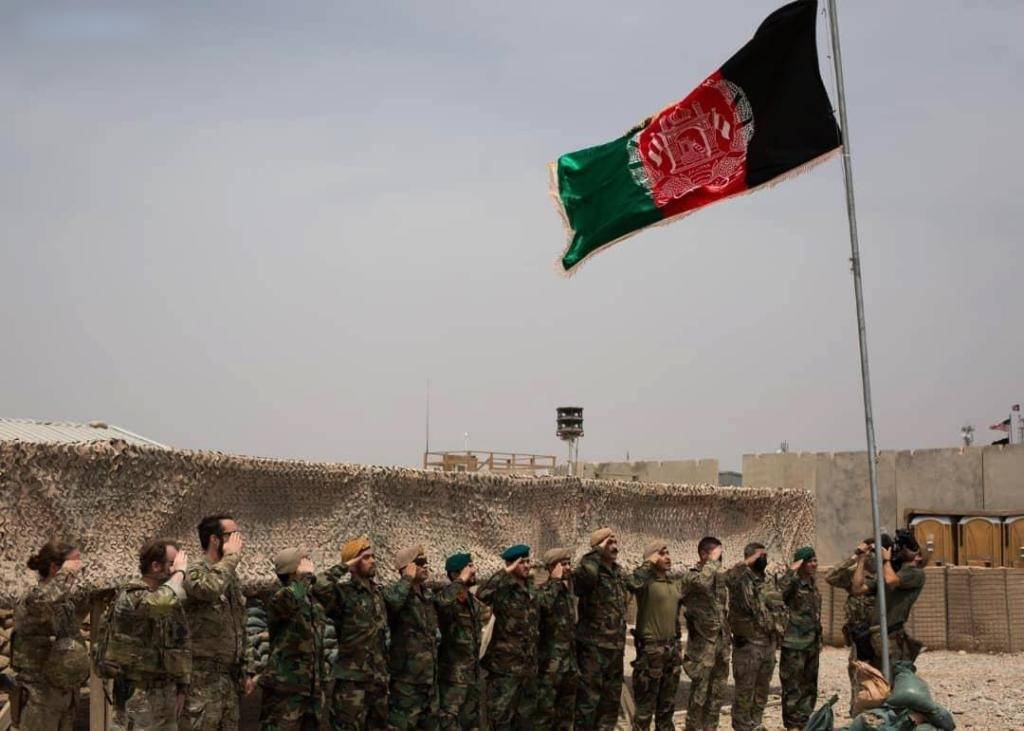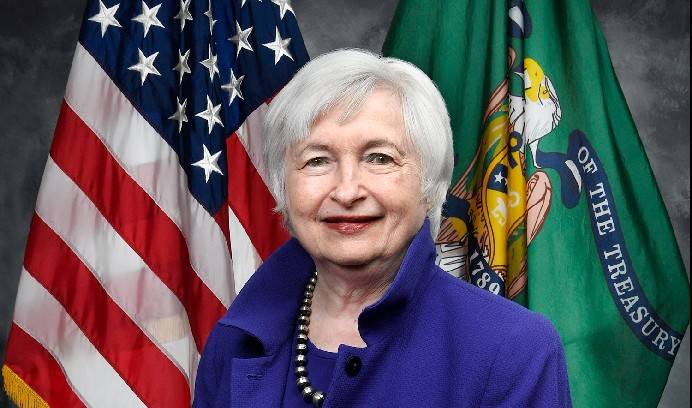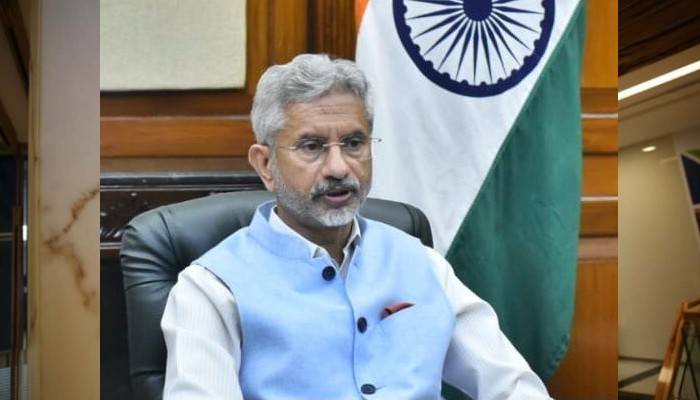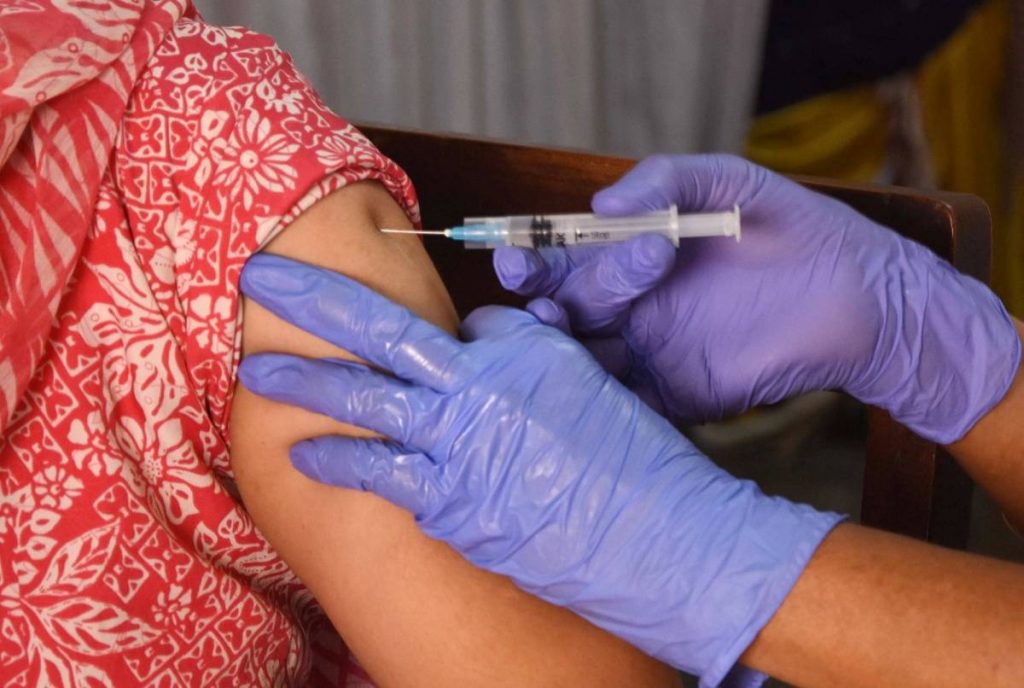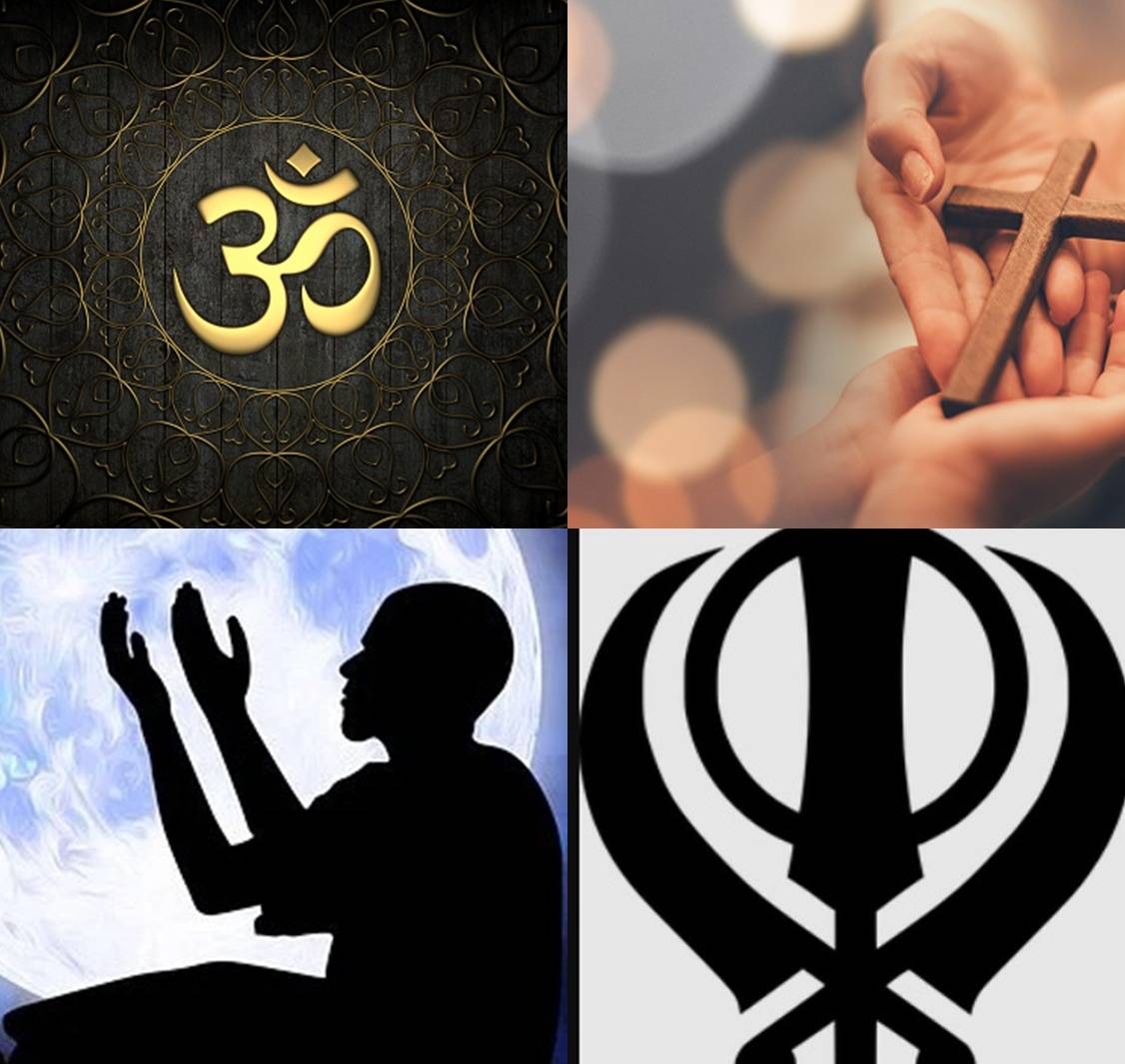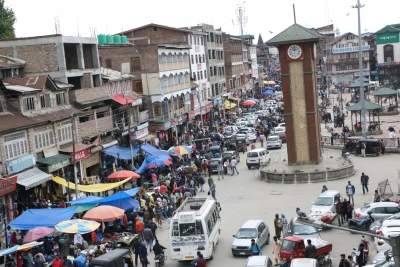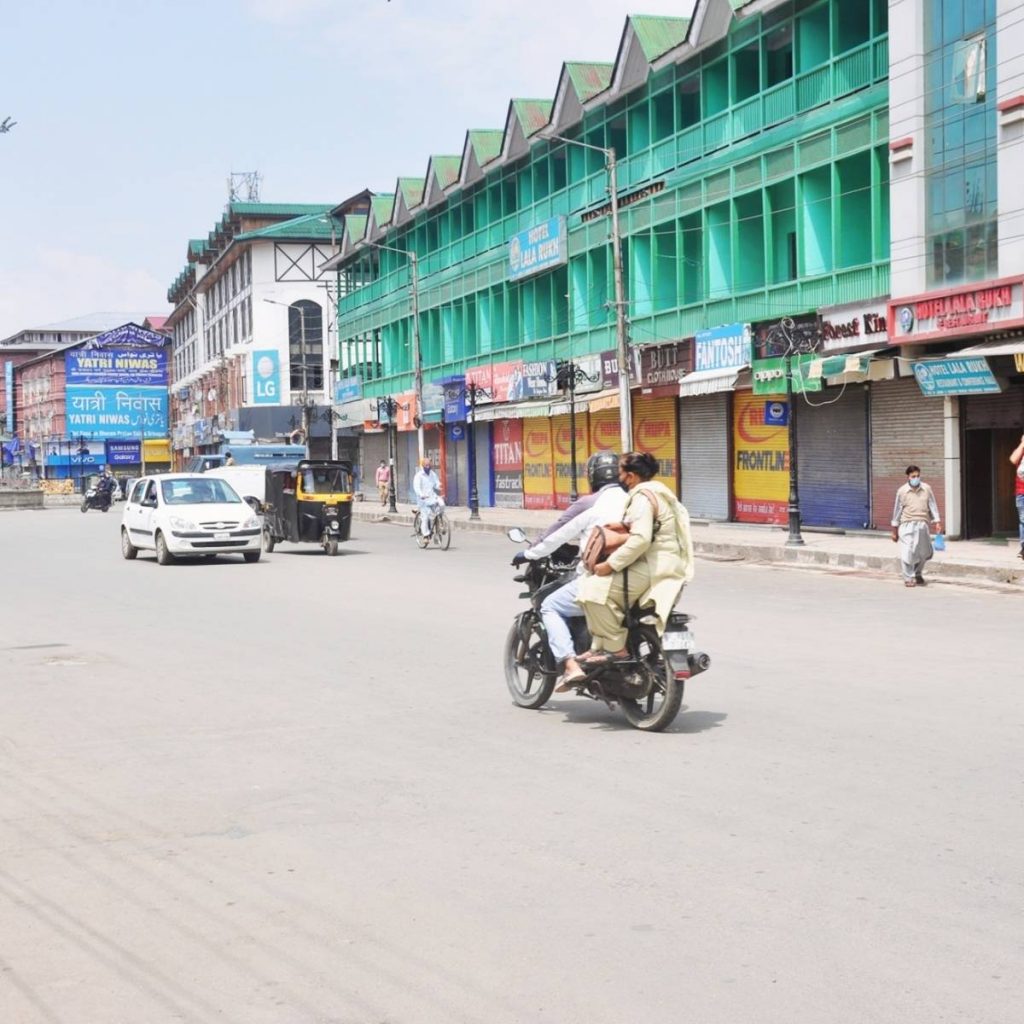Former Interior minister of Pakistan Rehman Malik has written an op-ed in a Pakistani daily The Nation on how Pakistani army and the various governments have helped the Taliban, a report by Mrityunjoy Kumar Jha
Amid worsening security situation in war-torn Afghanistan, India has issued a detailed and specific security alert for its nationals in Afghanistan.
The security advisory was released by the Indian mission in Kabul because of the fluid situation in Afghanistan amid the drawdown of US forces that has already commenced since May 1.
Besides, the Taliban has stepped up its military offensive, including targeted assassinations to change facts on the ground before taking negotiations seriously.
In a tweet, the Indian Embassy of Afghanistan @IndianEmbKabul has cautioned the Indian nationals in the country that different terrorist groups operating in Afghanistan have escalated violent activities and carried out a series of complex attacks in Kabul and other parts of the country, mainly targeting Afghan Defence and Security Forces, government institutions but also the international community and innocent civilians.
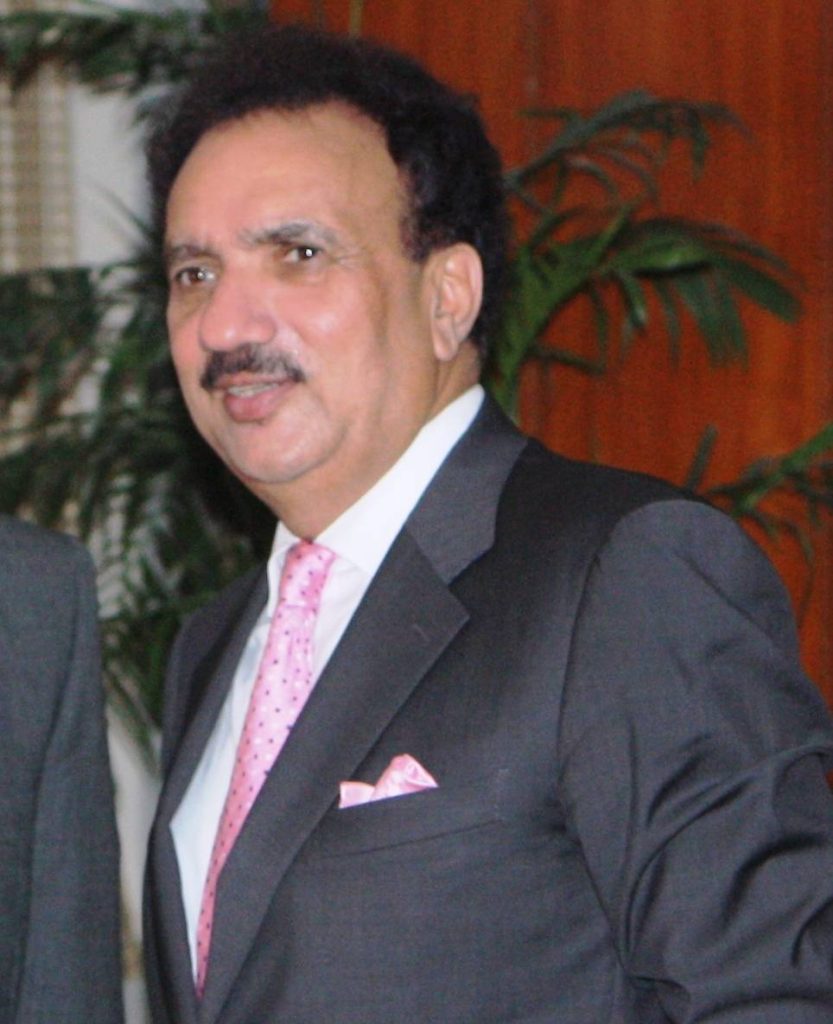
An estimated 3,000 Indian nationals in Afghanistan work for reconstruction companies, international aid agencies or are Indian government employees working at the consulates and embassies. Indian firms operating in Afghanistan were advised to put in place security measures for Indian employees deployed at project sites. They were also asked to contact the security wing of the Indian embassy for guidance and assistance. India is the largest regional donor in Afghanistan, with pledges of around $3 billion.
The advisory warns them that the security situation in Afghanistan is “highly volatile, unpredictable and dangerous”, though the Taliban had issued a statement that all civilian and non-military foreign nationals, diplomats, embassies, consulates and workers of humanitarian organisations would not “face any problems or security risks (and) will not be targeted by the group”. Meanwhile, sources in the Ministry External Affairs have denied social media reports claiming External Affairs Minister S Jaishankar has met certain Taliban leaders.
ALSO READ: Afghan civilians take up arms against Taliban
“Such reports are completely false, baseless and mischievous,” sources said.
But Pakistani leaders have been rattled with the “possibility” of India’s engagement with the Taliban. The former Interior minister of Pakistan Rehman Malik says, “Taliban growth was phenomenal and now they are no more like the old united Taliban. They have forgotten how Pakistan brought them up and trained them. Unfortunately, today’s Taliban leadership is closer to India instead.”
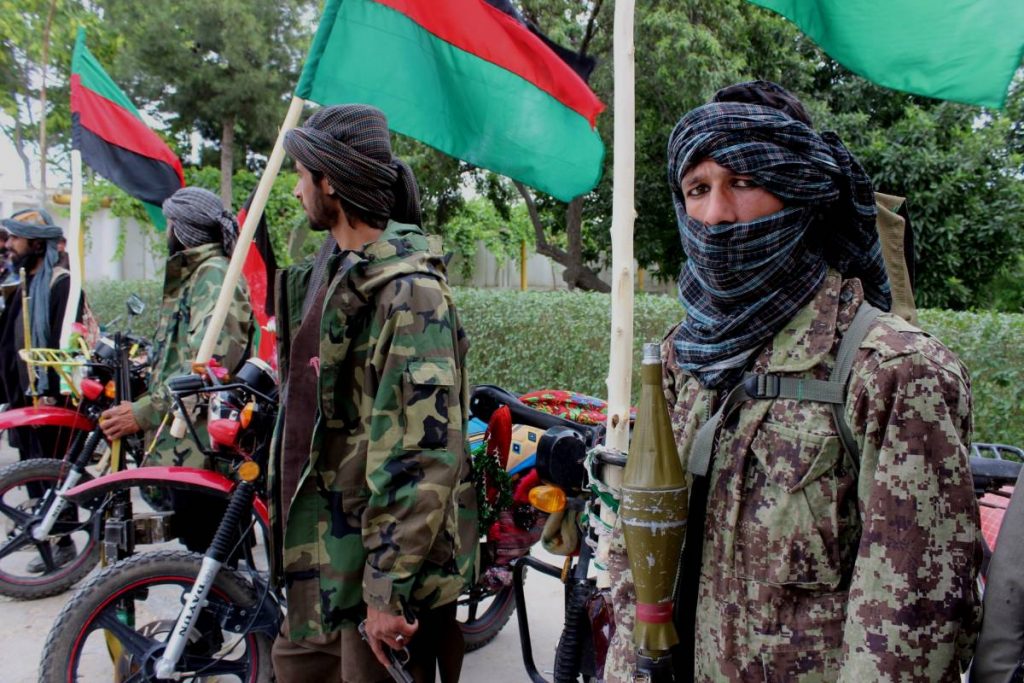
In fact, Malik has written an op-ed in a Pakistani daily The Nation on how Pakistani army and the various governments have helped the Taliban.
Writing about his first meeting with the Taliban Chief Mullah Omar, the former minister says that in 1996, he was called to the then interior minister Gen Naseer Ullah Babar. “Upon my arrival, we moved into the conference hall where I was introduced to Mullah who was present there wearing his Turban with one defective eye. I found that Mullah Omar and to other Taliban accomplices seemed confident enough to take over control of Qandahar. Gen. Babar was pretty close to the Mujahideen including Gulbuddin Hekmatyar who actually was brought up by Gen Babar when he was the governor of Khyber Pakhtunkhwa.”
He further writes: “I worked with Gen Babar closely and witnessed the emergence of the Taliban against Northern Taliban, hence, he decided to consolidate a group against the Northern Alliance led by Ahmed Shah Masood who was operating under the control of India and Iran.”
The Pakistani senator (MP) says even after 9/11, Pakistan and the Taliban had a strong bond. He revealed that before the US attack on Afghanistan Mullah Omar had agreed to “hand over” Osama Bin Laden.
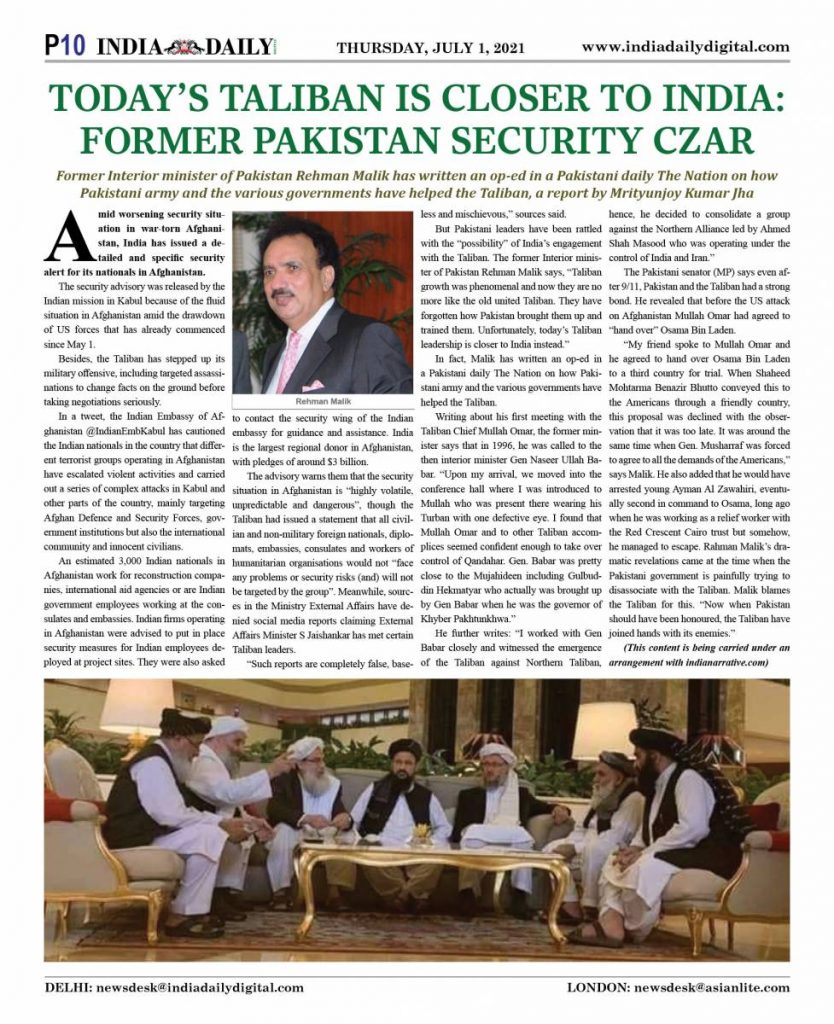
“My friend spoke to Mullah Omar and he agreed to hand over Osama Bin Laden to a third country for trial. When Shaheed Mohtarma Benazir Bhutto conveyed this to the Americans through a friendly country, this proposal was declined with the observation that it was too late. It was around the same time when Gen. Musharraf was forced to agree to all the demands of the Americans,” says Malik. He also added that he would have arrested young Ayman Al Zawahiri, eventually second in command to Osama, long ago when he was working as a relief worker with the Red Crescent Cairo trust but somehow, he managed to escape.
Rahman Malik’s dramatic revelations came at the time when the Pakistani government is painfully trying to disassociate with the Taliban. Malik blames the Taliban for this. “Now when Pakistan should have been honoured, the Taliban have joined hands with its enemies.”
(This content is being carried under an arrangement with indianarrative.com)
ALSO READ: US, India discuss shared interest in robust global minimum tax

